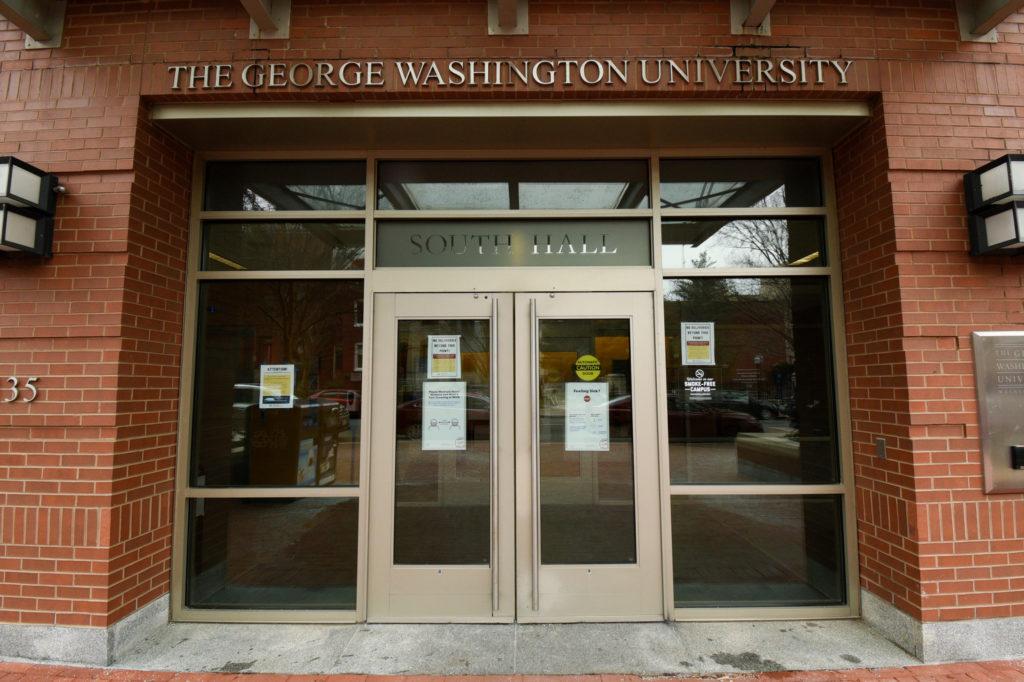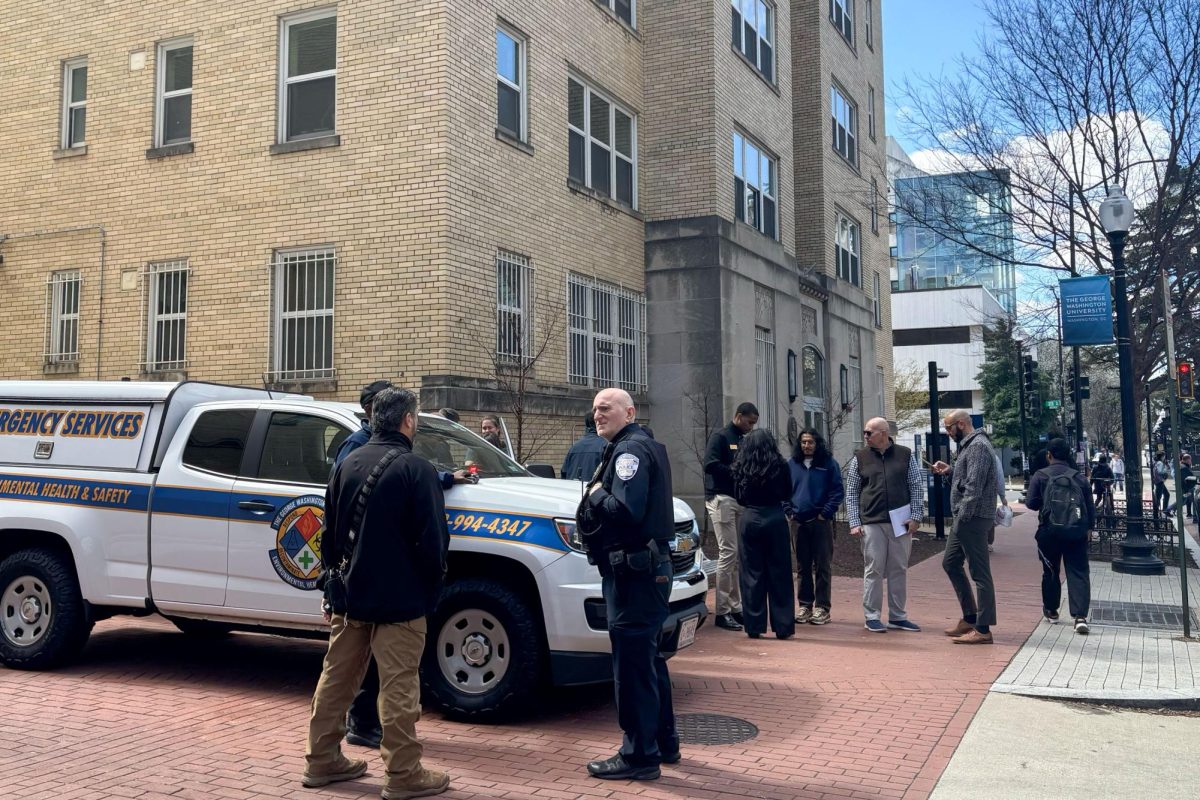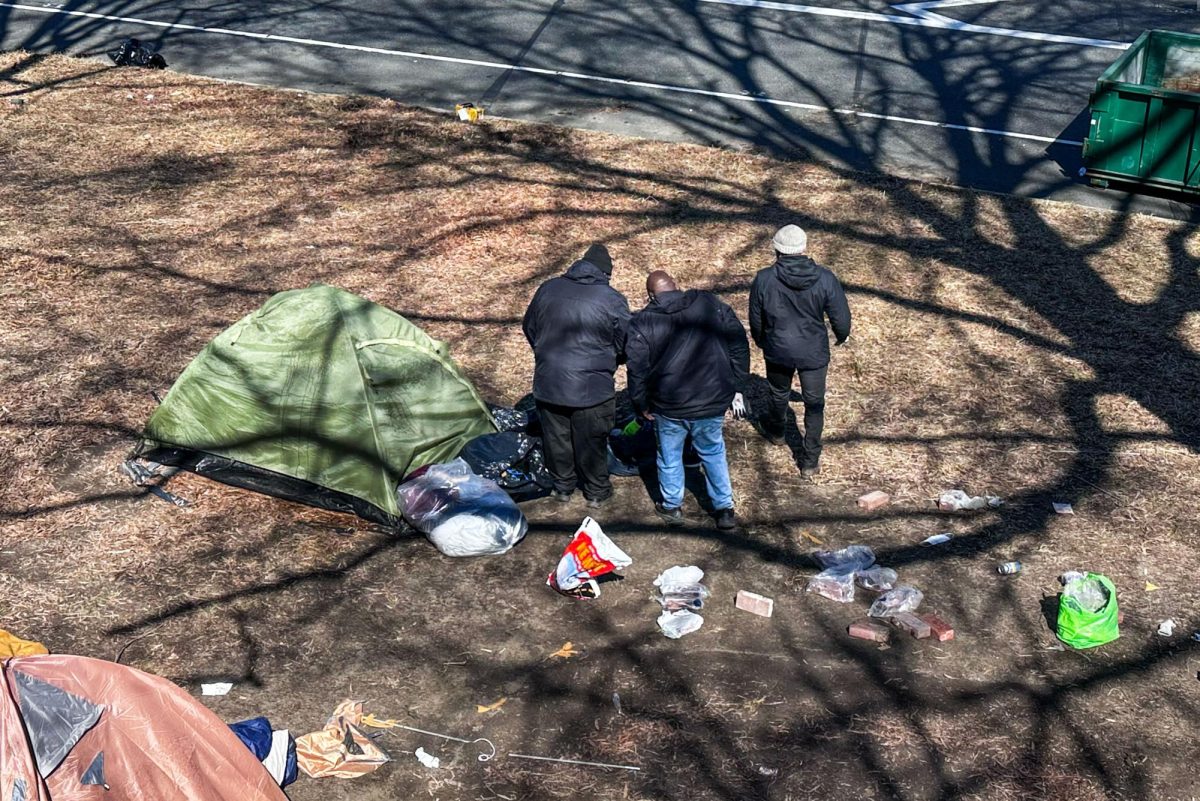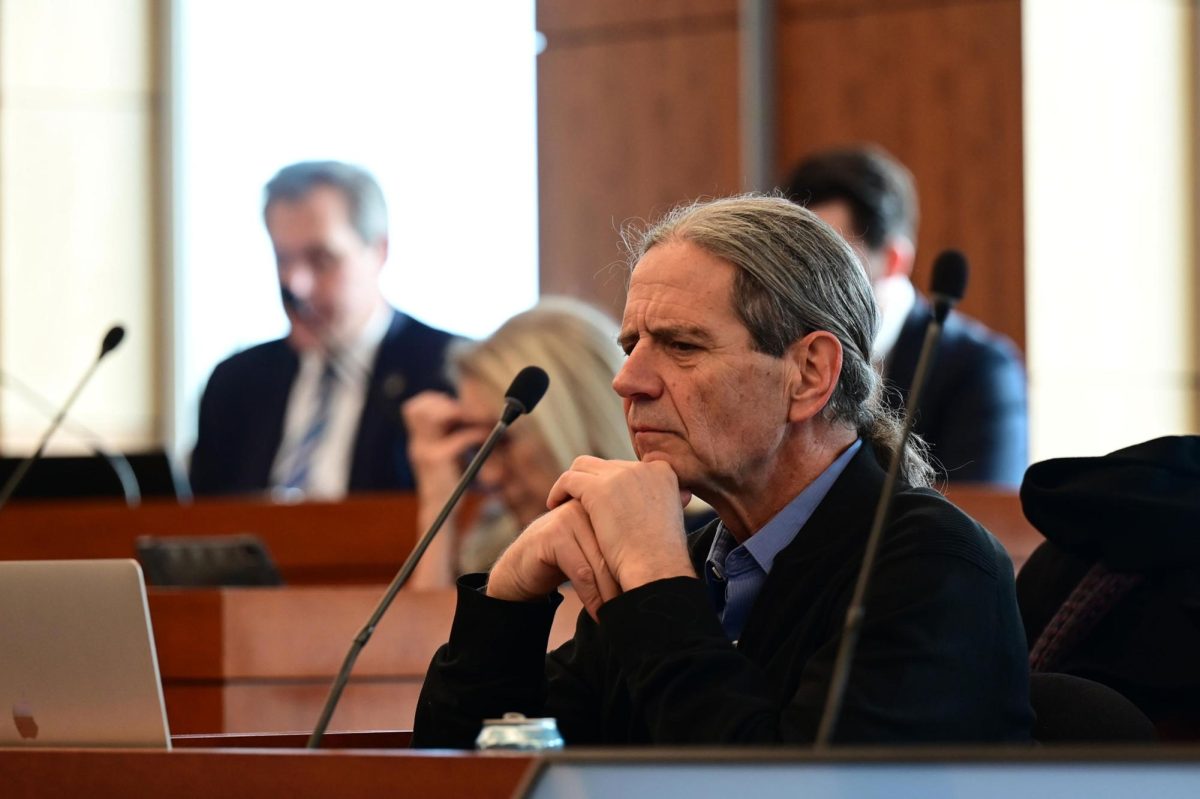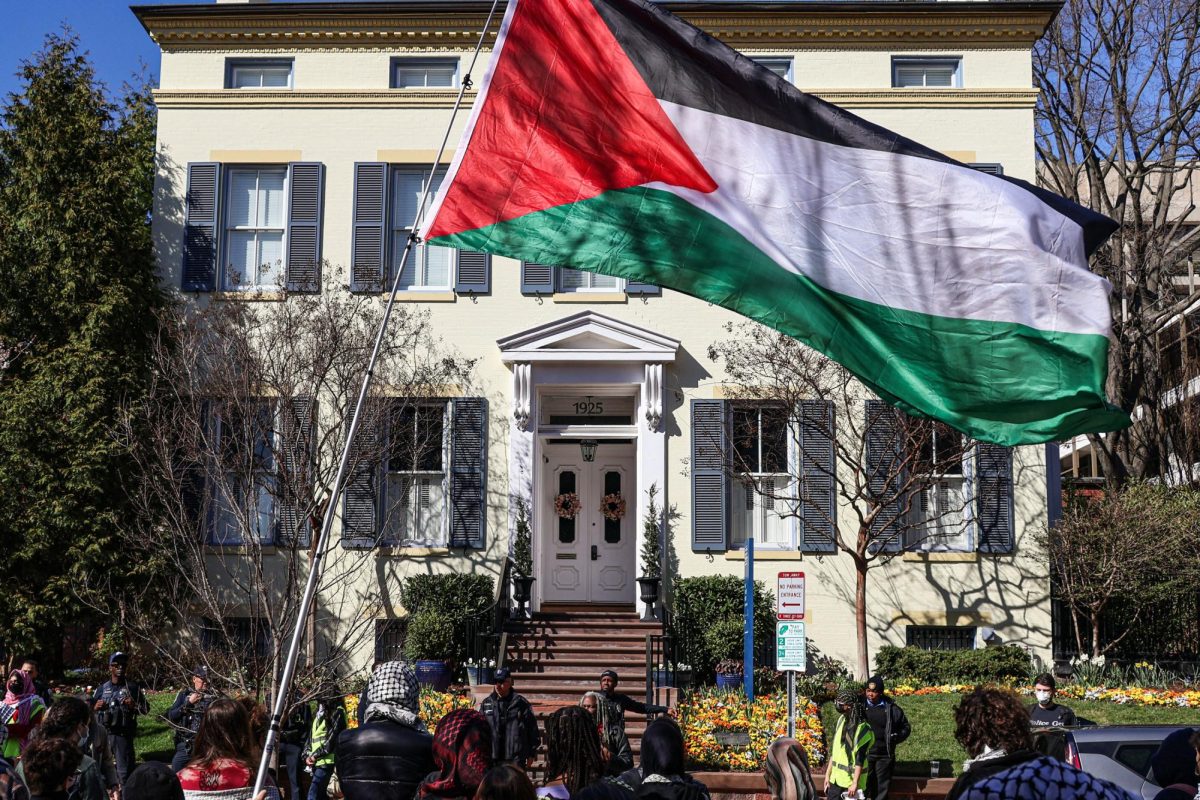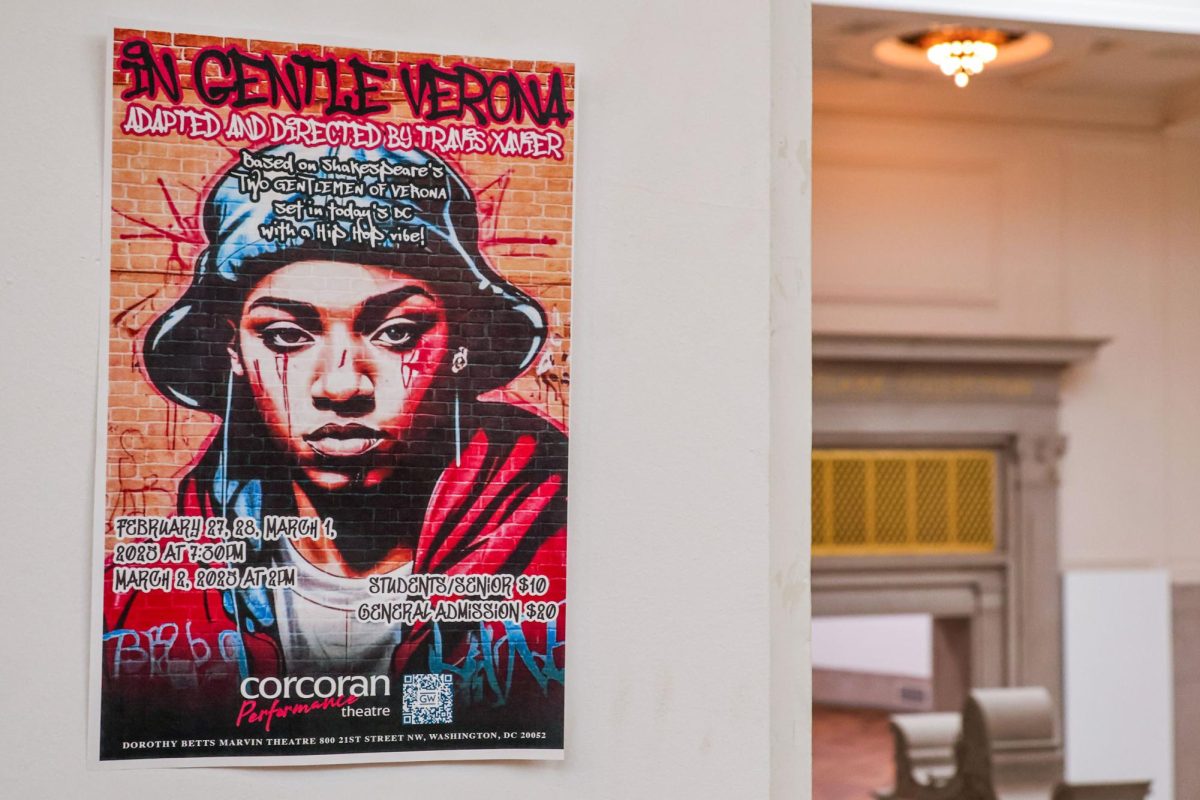With residence halls filling up with doubles and some quads last month, students said they’ve had to either quarantine with roommates positive for COVID-19 or move into empty units to avoid catching and spreading the disease.
Since the fall semester, students who test positive for COVID-19 have been required to self-isolate for at least 10 days without leaving their assigned unit, while they receive mental health services and essentials like meals and groceries from nearby staff members. But with more students living together this spring, officials and students said some roommates who might be exposed to the virus are quarantining in separate rooms to cut down on transmission across campus.
University spokesperson Crystal Nosal said students can move into other units on campus for temporary stays if their roommate either tests positive for the virus or is directed to self-isolate after traveling to the District from a high-risk state. She said no students moved units during the fall semester since most were living in singles at the time.
Nosal said “a handful” of students have quarantined in empty units in their residence halls so far this spring, most during the two-week move-in period last month, when some students needed to self-isolate. She said officials recommend that students consider temporarily moving out of their unit if their roommate tests positive for COVID-19.
“We will continue to encourage the suitemate of a student who tests positive to consider the option to temporarily move out of their space if they test negative as it helps to limit potential exposure and could reduce the amount of time one needs to quarantine,” she said in an email.
Nosal declined to say the number of open units but said “any student who desires to quarantine outside their assigned unit” may do so. She said officials clean each temporary unit after use with disinfectant products approved by the Environmental Protection Agency and according to guidelines from the Centers for Disease Control and Prevention.
Students who opt to stay in the same unit as someone who’s positive for COVID-19 should draft a schedule for kitchen and common space use and clean their room on a regular basis, Nosal added.
During a community forum with residential students and their families earlier this month, Megan Landry – the project director for the campus COVID-19 investigation team – said officials alert a student of a positive case after it’s detected by the University public health lab, which then alerts a University medical provider and the Campus COVID-19 Support Team.
She said after members of the Campus COVID-19 Support Team alert students that they tested positive, the team conducts a “full medical investigation” to log demographics, symptoms, medical history, potential exposure, use of personal protective equipment and contact tracing.
“We are really diving in deep to try to get them to tell us every space that they’ve been in, every person that they’ve been around, so that we can then contact those individuals in order for them to go into quarantine,” she said.
Landry said students who have been exposed to another student who tested positive must quarantine for 10 days and wait until their fifth day of quarantine to get tested. After receiving a second negative test between three to five days after their first test, students can leave quarantine, she said.
Dan Wright, a member of the Campus COVID-19 Support Team, said officials drop food at students’ doors as needed via Safeway delivery and Grubhub orders, coordinate family care packages and regularly check in with students over the phone during their quarantine or isolation phase.
“They’re getting a lot of outreach from people that just want to make sure they’re doing OK, that they’re getting through that isolation period and all their needs are covered, simply because for a student that isolates, they can’t leave their room and when you can’t leave your room you might have a lot of needs,” he said at the forum.
One student, who asked to remain anonymous for her roommate’s medical privacy, said she moved out of her Shenkman Hall suite and temporarily moved to a unit down the hall after her roommate tested positive for COVID-19 and she tested negative late last month. The student said she had to receive a second negative test five days after her quarantine, and staff members said she could leave after a 10-day period.
The student said both the University and the city are using email and text to keep contact with her, and she has filled out a daily quarantine survey for potential symptoms every day. The student said she has been cooking “mainly the entire time” and moved her own set of groceries that she purchased before move-in from her assigned unit into her new living space.
Despite testing negative and completing her 10-day quarantine, the student said she opted to stay in the separate unit since her roommate was still experiencing COVID-19-related symptoms. She added that she felt Wright has been helpful in calling and sharing information about quarantine.
Sebastian Loredo, a sophomore living in a South Hall suite with three other students, said he and his roommates decided to quarantine in the same unit two days after one of them tested positive for COVID-19 last month. Loredo said he and his other roommates tested negative for COVID-19 after distancing themselves for 17 days and coordinating kitchen and common space use via text.
Loredo said he struggled to decipher between “mixed messages” from the University, which proposed a 14-day quarantine, and D.C. Department of Health officials, who recommended a few days longer. Receiving about a half dozen phone calls from the University and from the District, Loredo said the communication with medical advisers could have been smoother.
“For those three days, there was an ongoing argument between what GW was telling me, what D.C. was telling me, what we thought we kind of should do based on our assumptions,” he said.


